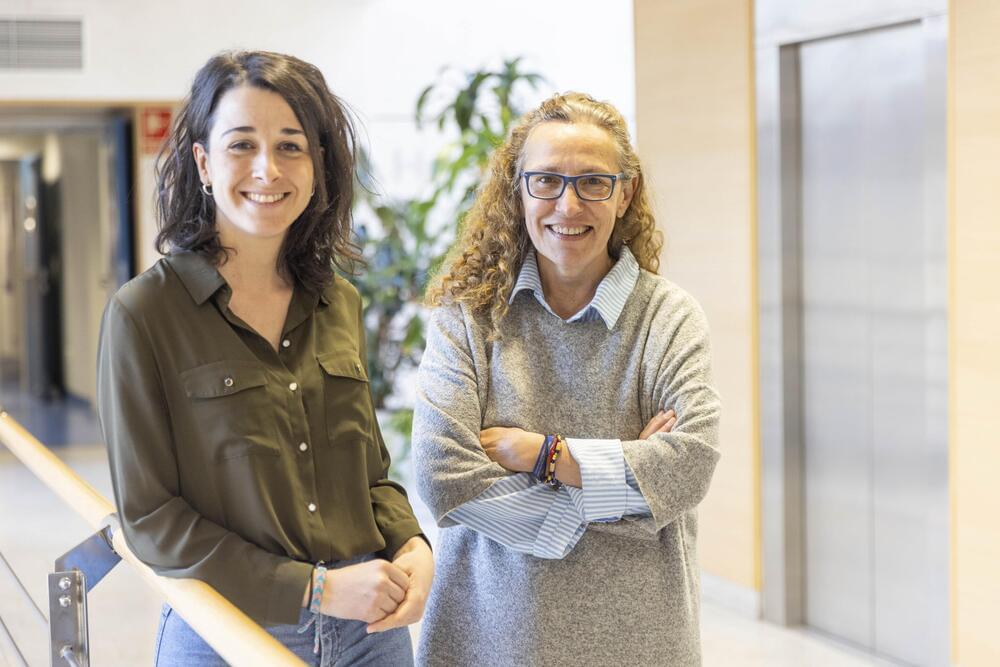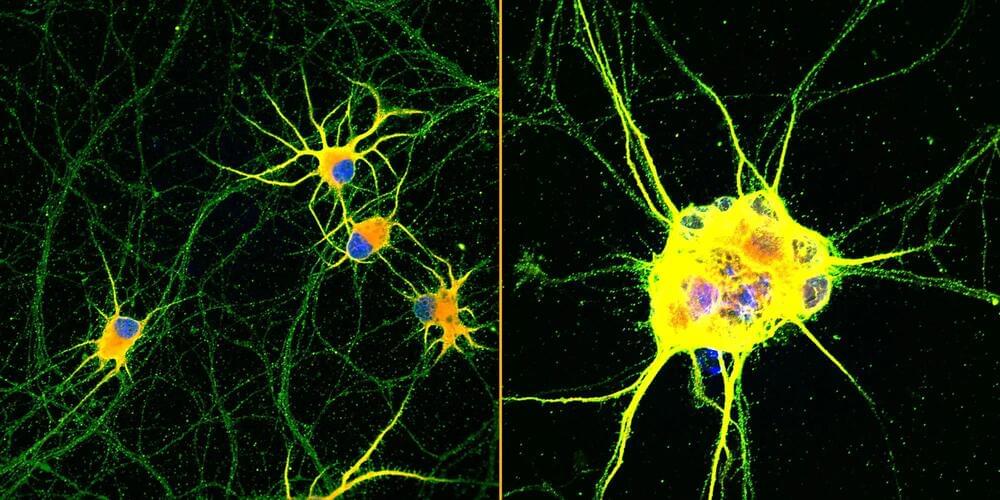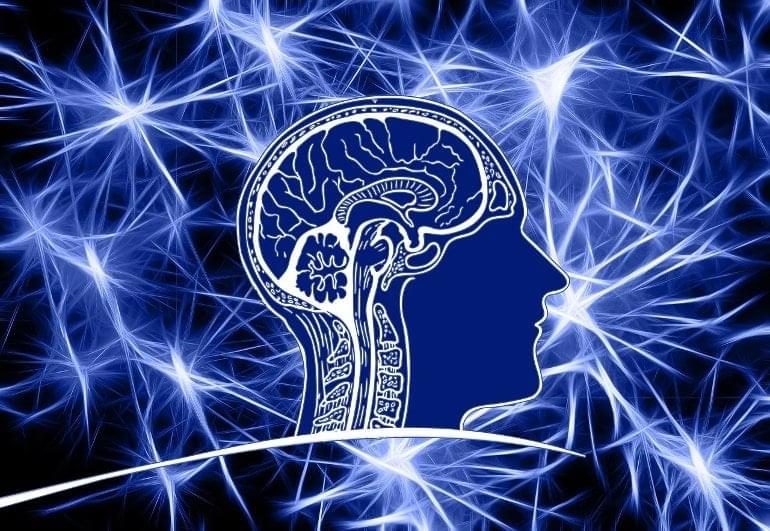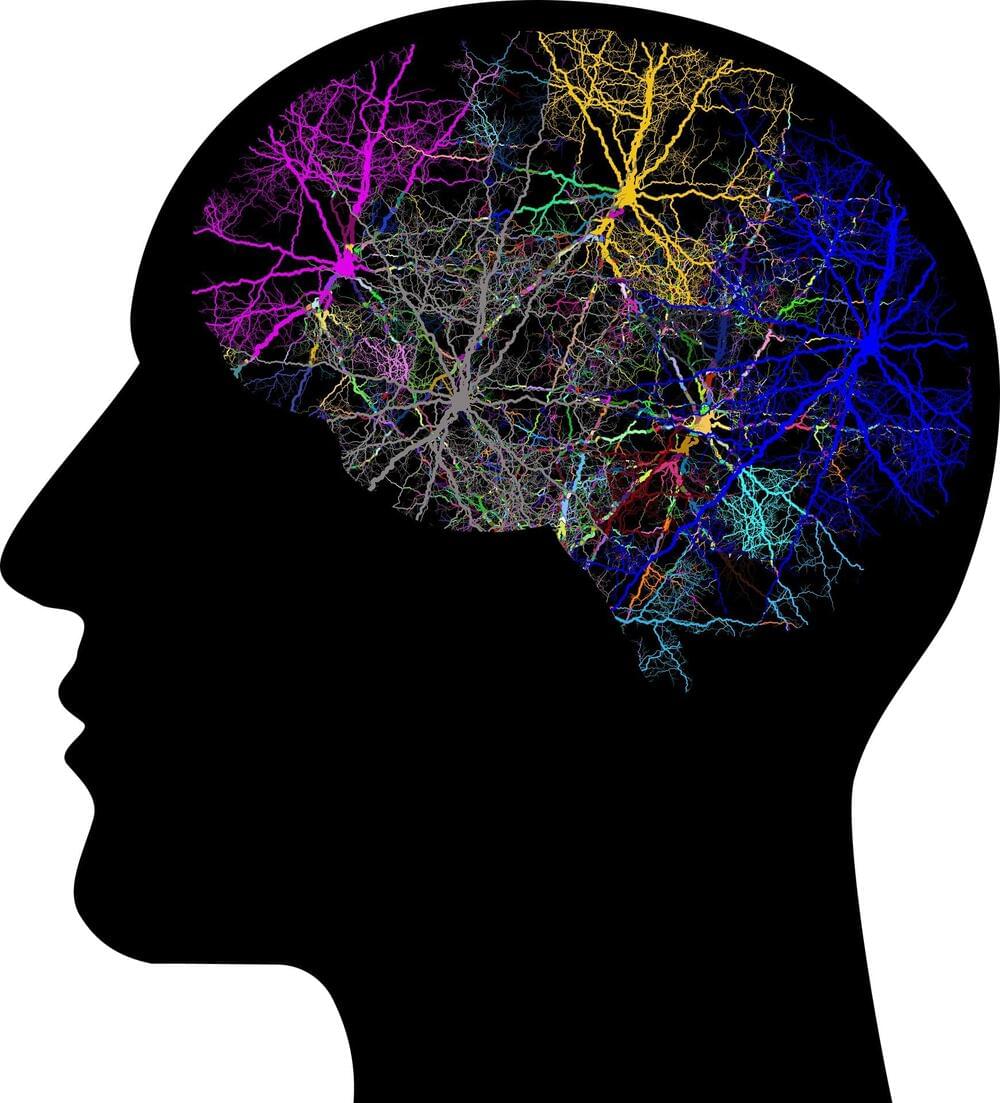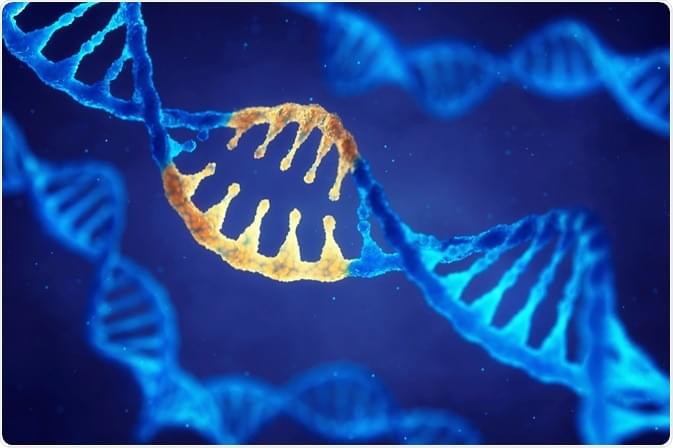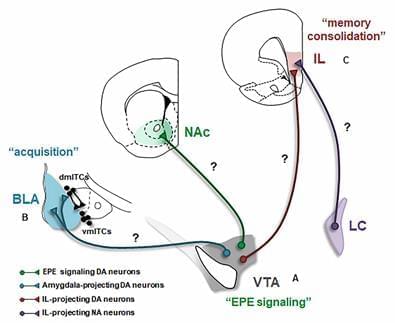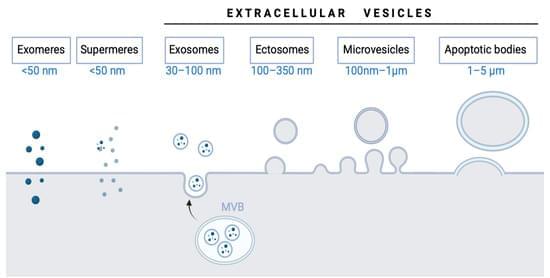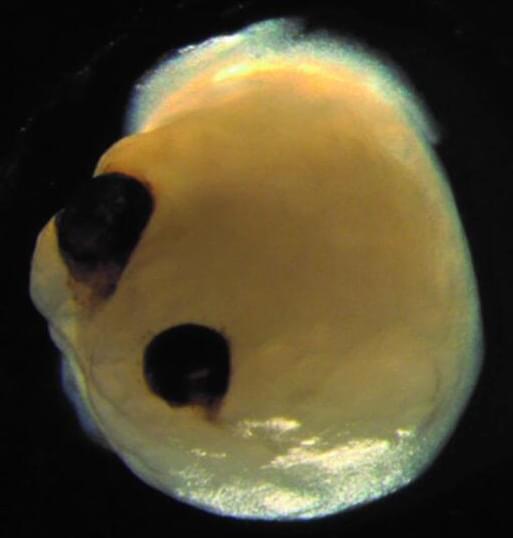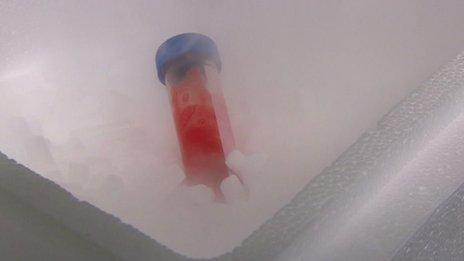Pheochromocytoma is a rare tumor, with an incidence of three to eight cases per million population per year. The work published today, Feb 28, on Rare Disease Day 2023, in Nature Communications, is the largest study on this cancers’ molecular causes and focuses on patients with metastatic pheochromocytomas, which account for 20% of all cases. Survival of patients with metastatic pheochromocytoma is 20–60% at five years.
Mercedes Robledo, head of the Hereditary Endocrine Cancer Group at the Spanish National Cancer Research Center (CNIO) and one of the two researchers who led the study, has been studying these tumors since 1996. He says, “One of the difficulties of working with rare diseases is to recruit large series of patients to reach robust conclusions. And this study stands out because the number of samples we worked with was outstanding.” The CNIO belongs to the Spanish network of Rare Diseases (CIBERER).
CNIO researcher and co-author Bruna Calsina explains, “The number of patients with metastatic disease that our study gathers corresponds to a population of 100 million people.” This has been possible thanks to the collaboration between 16 centers from six countries around the world, with which the CNIO has been collaborating for the last decade.
